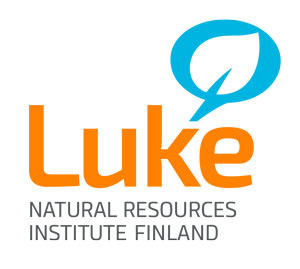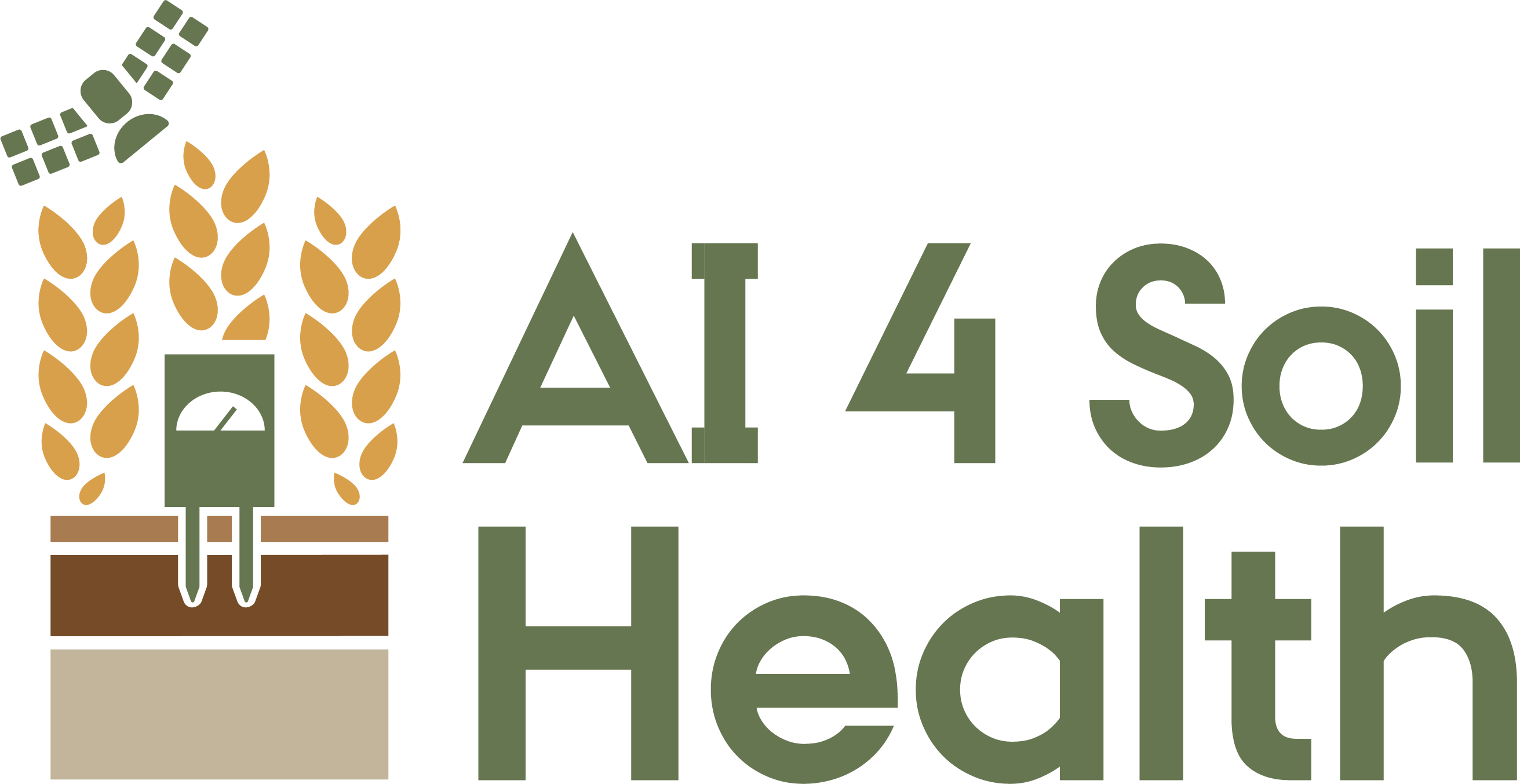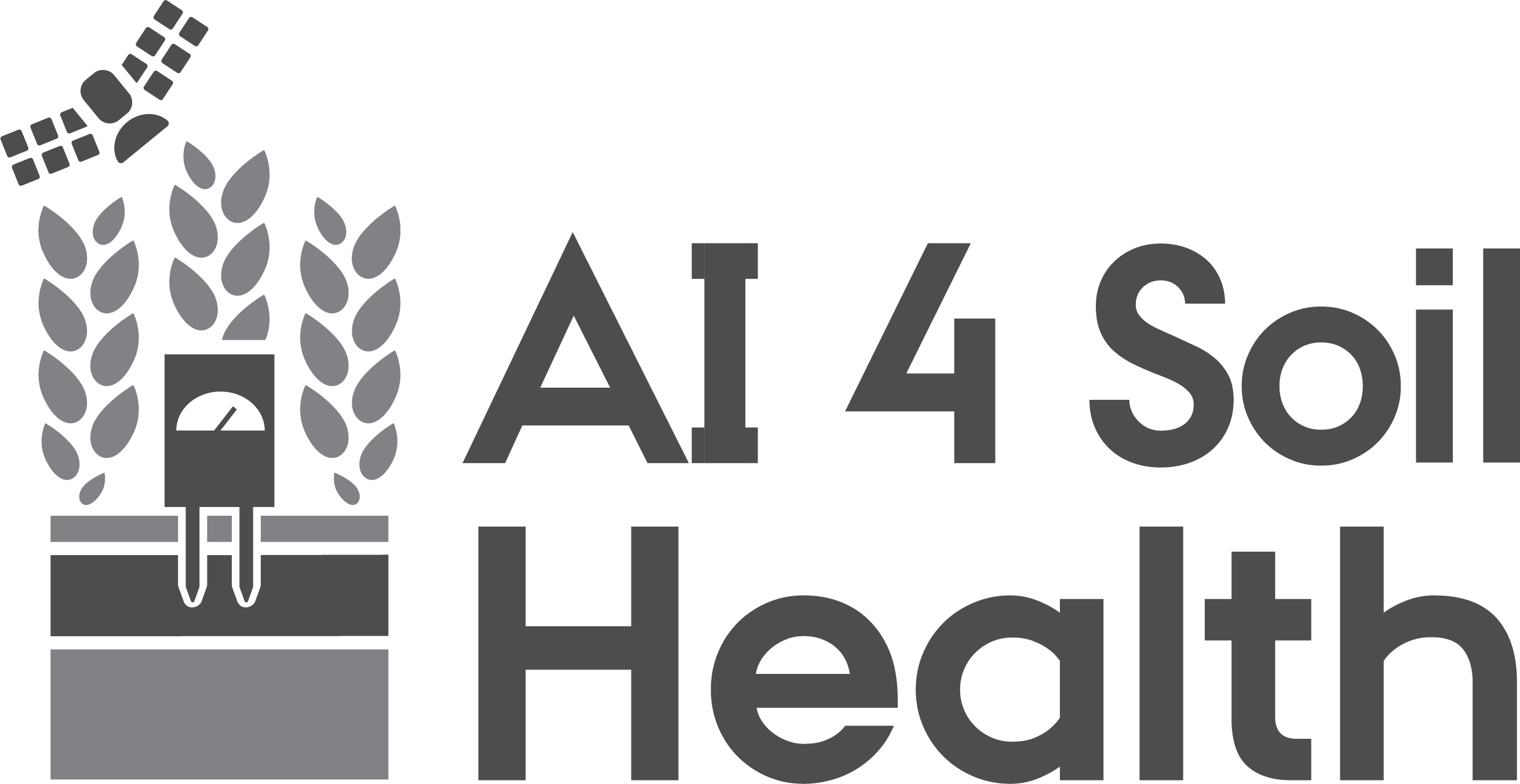Finland
This site is exciting for its distinctive soils and varied management practices. The soils, formed sub aquatically after the Baltic Sea's last glaciation, are mainly clays with patches of organic and coarser soils. Tillage ranges from no-till to conventional ploughing, and fertilization varies between dairy slurry and mineral fertilisers.

Overview
Introduction:
The Finnish pilot site is operated by the Natural Resources Institute Finland (LUKE). Finland falls within the boreal climate zone, with cold winters and relatively cool summers. Soils are typically frozen to a depth of 10-60 cm from November to June in northern Finland, so agricultural conditions are most favourable in the south, particularly along the coast and in the southwest.
The AI 4 Soil Health pilot site is in Southwest Finland, in Jokioinen, on fields adjacent to the Jokioinen Manor. These state-owned fields cover approximately 600 hectares and are managed using conventional farming techniques. Grass and cereals are primarily grown as fodder for animals on LUKE’s experimental farms or used for field trials conducted by LUKE. Clay is the predominant soil texture in this region. The AI 4 Soil Health project will monitor the effects of different soil management techniques on soil health indicators across this important agricultural region.
Soil health indicators chosen:
- Sufficient availability of plant nutrients is crucial for effective crop production. Nitrogen and phosphorus are key nutrients that can impact yields in the pilot region. However, excessive use of these nutrients may lead to surface water eutrophication.
- Soil bulk density – Clay soils in the pilot region are prone to compaction, which can be indicated by this indicator. Compacted soils are more susceptible to erosion and can hinder nutrient uptake by crops.
- Organic carbon content – While Finnish agricultural soils generally have higher organic carbon content compared to other European countries, there has been a decline noted in Finnish agricultural soils. This decline can influence soil physical properties and potentially impact current and future agricultural productivity.
Data collected by this pilot site:
Sampling points will be located across the fields of the Jokioinen Manor following random stratified sampling pattern run by AI4SH partner OpenGeoHub. This selection will encompass fields with extreme soil pH, organic carbon, and clay contents. Soil samples will be collected from these randomly sampled points during autumn 2024.
Methods used for the evaluation:
Bulk soil density, Olsen-P, soil pH and EC, organic carbon content (total C), and total N content, soil texture, CEC, macrofauna, NDVI during the growing season, and novel indicators developed under AI4SH where possible.
Gallery


